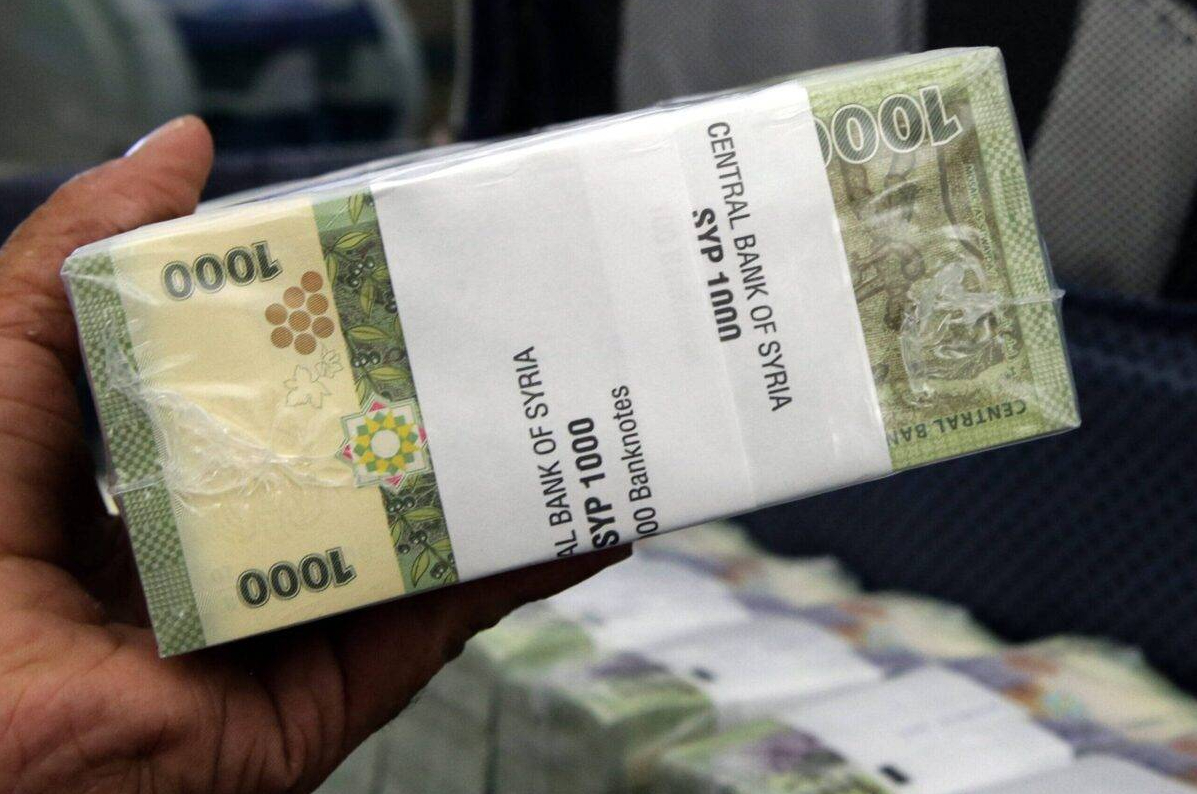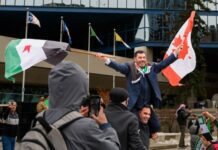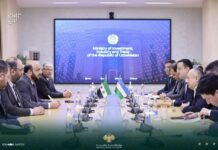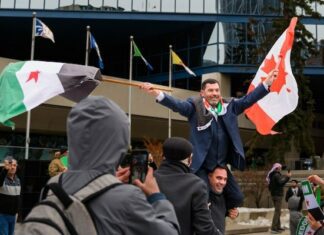
With the fall of Bashar al-Assad’s corrupt regime, Syria’s economy faces a critical turning point as the Syrian Transitional Government (STG) begins to rebuild a nation scarred by decades of kleptocracy, mismanagement, and conflict. A global effort is underway to recover billions of dollars in assets hidden abroad by the Assad family and their cronies, with calls growing louder for these funds to be repatriated to benefit the Syrian people.
Millions Hidden in the UK
The British newspaper The Eye revealed that Assad and his close allies hid £163 million in British bank accounts, including more than £55 million held in a personal fund at HSBC Bank in London. Court documents show that despite sanctions freezing these funds as early as 2011, interest has continued to grow, significantly increasing their value. The revelation has sparked outrage among human rights organizations and prominent British politicians, who are demanding the funds be confiscated and returned to the Syrian people.
“Assad and his cronies must not be able to benefit from this money while they live in exile in Russia,” said Priti Patel, Conservative Shadow Foreign Secretary. Sir Iain Duncan Smith, a former Conservative Party leader, called for the use of Britain’s Proceeds of Crime Act to seize the funds and transfer them to a legitimate Syrian government.
Syria’s Stolen Wealth
The Assad family, notorious for blending financial crime with authoritarian rule, accumulated vast wealth over decades. A report by the Wall Street Journal detailed their investments in luxury properties in Russia, boutique hotels in Vienna, and a private jet in Dubai. The value of their assets is estimated to range from $1 billion to $12 billion, according to a 2022 US State Department report.
These assets were amassed through government monopolies and illicit activities, including drug trafficking. Bashar’s younger brother, Maher al-Assad, oversaw Syria’s 4th Armored Division, which facilitated a $2.4 billion Captagon smuggling operation between 2020 and 2022, providing a critical revenue stream for the regime.
Legal teams and human rights lawyers, including London-based attorney Toby Cadman, have launched an international campaign to track down and freeze the Assad family’s wealth. However, recovering these assets will likely be a protracted effort, akin to the drawn-out attempts to retrieve the fortunes of Saddam Hussein and Muammar Gaddafi.
Economic Rehabilitation and Recovery
Despite the challenges of recovering the regime’s hidden wealth, signs of economic stabilization are emerging in Syria. The Syrian pound (SYP) has seen a remarkable rebound, trading at unrecorded levels in years.
Before Assad’s fall, the pound had plummeted to historic lows, trading at over 30,000 pounds per dollar in Damascus and more than 40,000 pounds in Aleppo. Following the regime’s collapse, the currency has stabilized, with exchange rates in Damascus now hovering around 11,800 pounds for purchase and 12,500 for sale.
Gold prices have also dropped significantly, with 21-karat gold now priced at 972,000 SYP per gram in Damascus. This stabilization has fueled optimism about Syria’s economic recovery and the potential for rebuilding efforts.
Challenges of Asset Recovery
While calls to return Assad’s hidden wealth to Syria grow, legal obstacles remain. Funds frozen in Western banks are subject to complex international laws, and assets concealed in tax havens such as Dubai and Russia may prove even harder to retrieve.
The British government and HSBC Bank, where Assad’s fund is held, have declined to comment on the specifics of the case. However, rights groups insist that returning these funds is a moral imperative.
“These funds belong to the Syrian people and were amassed at the expense of countless lives,” said Razan Rashidi, executive director of the Syria Campaign. Chris Doyle, director of the Council for Arab-British Understanding, added that such funds must be managed by a legitimate and transparent Syrian government to ensure their use for reconstruction and development.
A Second Life for the Syrian Economy
As Syria begins to recover from decades of exploitation, the pursuit of justice and economic restitution will play a pivotal role in shaping its future. Human rights lawyer William Bourdon underscored the importance of recovering these funds: “We have a duty to ensure that Syria’s stolen wealth is returned to its rightful owners – the Syrian people.”
With the Assad family in exile and the STG striving for transparency and accountability, Syrians are hopeful that the era of economic plunder is over, paving the way for a free, prosperous, and stable nation.








